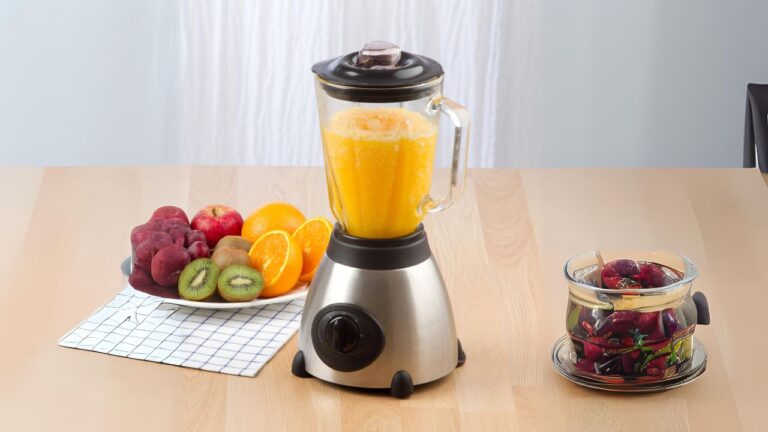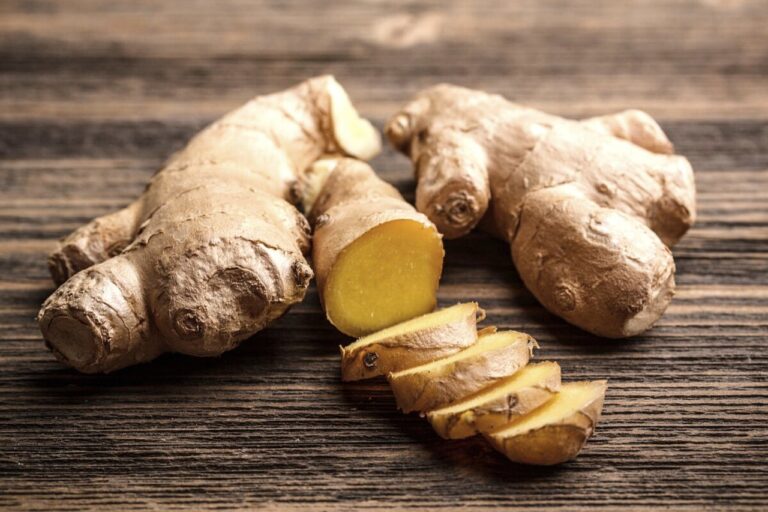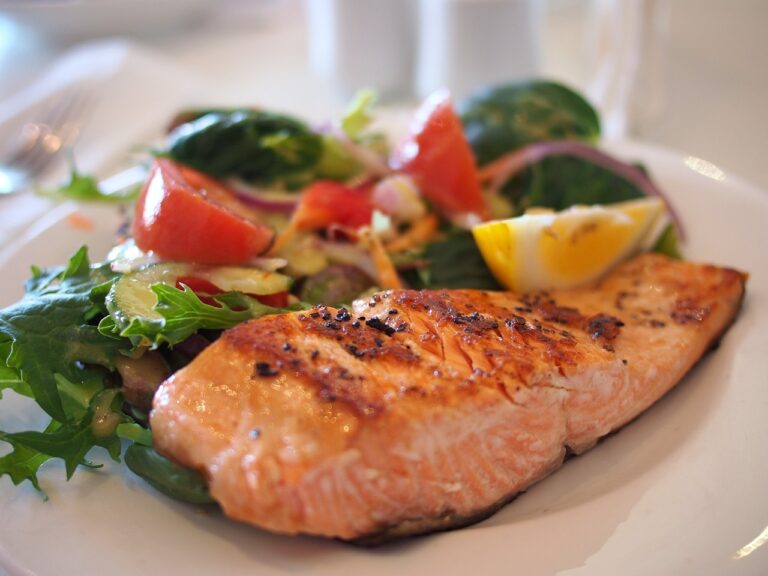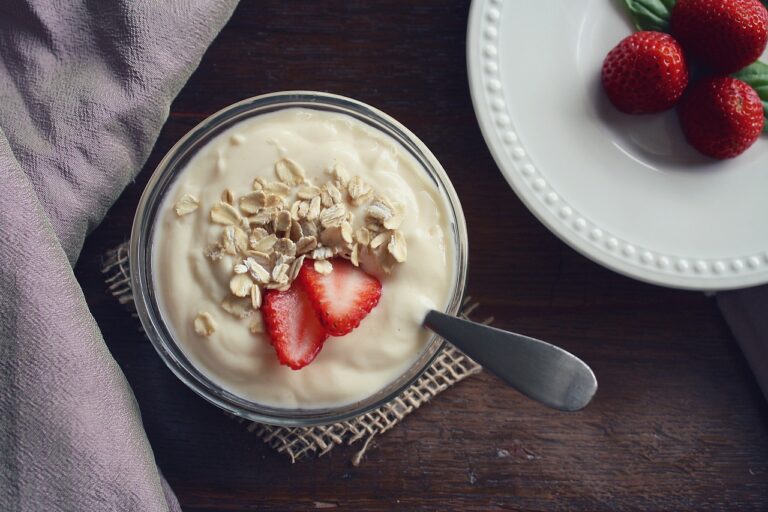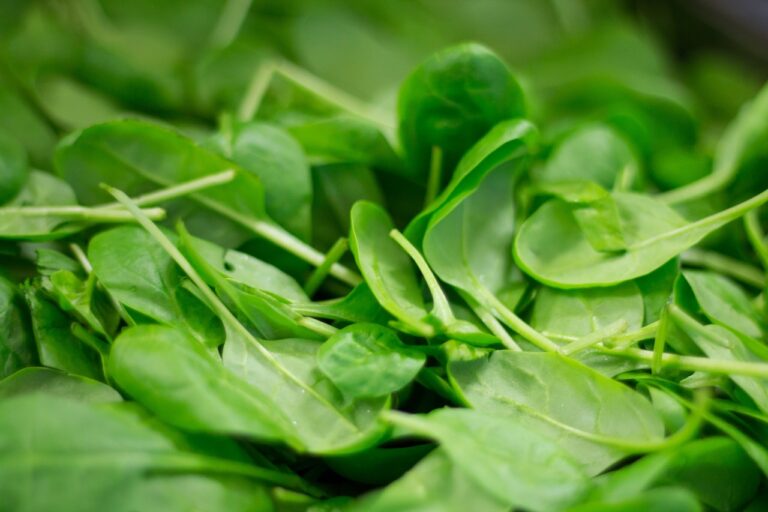10 Foods High in Protein
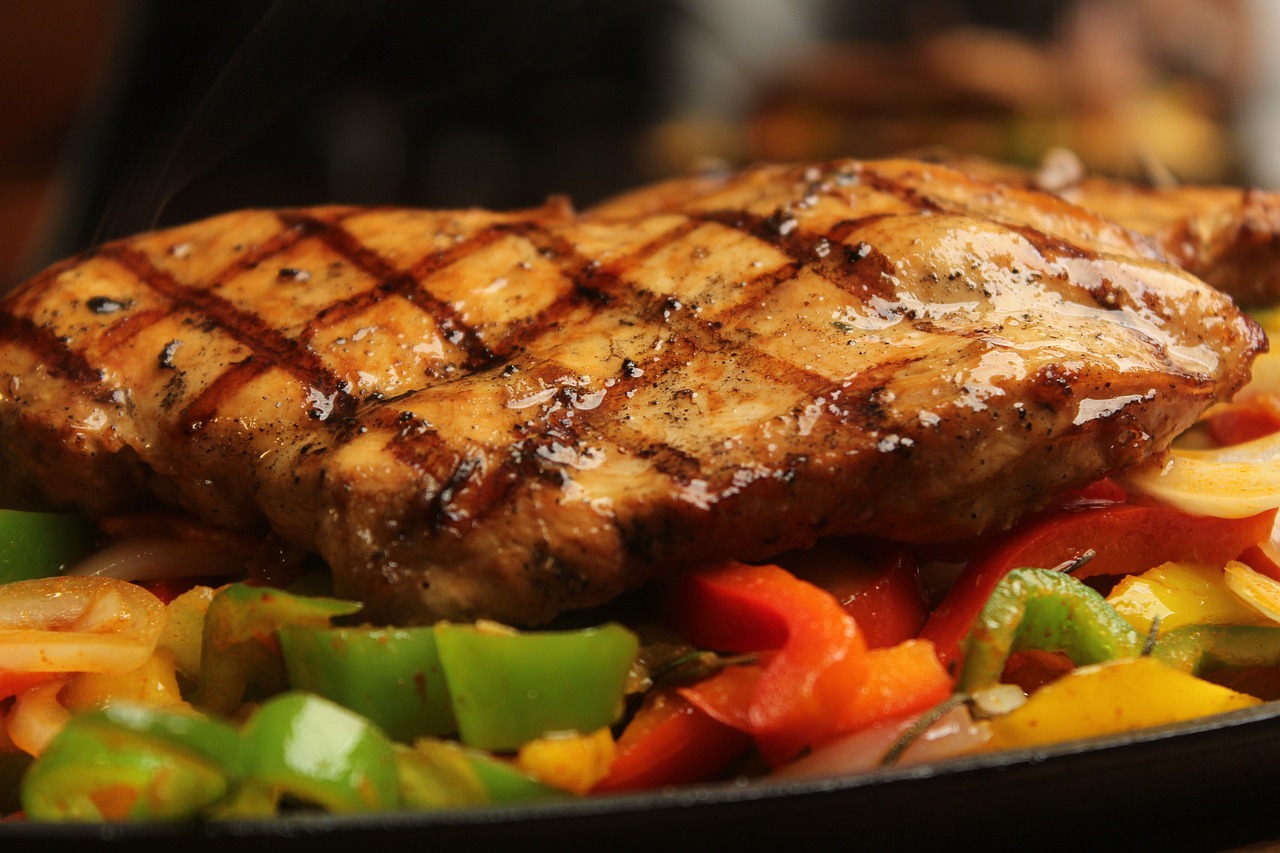
Protein is a crucial macronutrient that plays a vital role in building and repairing tissues, producing enzymes and hormones, and maintaining overall health. Whether you’re an athlete looking to build muscle, a busy professional needing sustained energy, or someone looking to lose weight, incorporating protein-rich foods into your diet is essential. Here, we explore ten foods that are particularly high in protein, making them excellent choices for anyone looking to boost their protein intake.
10 Foods High in Protein
1. Chicken Breast
Chicken breast is a staple in many diets due to its high protein content and versatility in cooking. A 3-ounce serving of cooked chicken breast provides around 26 grams of protein, making it an excellent source for those looking to build or maintain muscle mass. Additionally, chicken breast is low in fat, particularly when the skin is removed, making it a lean protein choice.
Beyond its protein content, chicken breast is rich in essential nutrients such as B vitamins (niacin and vitamin B6), phosphorus, and selenium. These nutrients support various bodily functions, including energy metabolism, immune function, and bone health. Whether grilled, baked, or sautéed, chicken breast can be easily incorporated into a variety of dishes, from salads to stir-fries.
2. Greek Yogurt
Greek yogurt is another excellent source of protein, offering about 10 grams per 3/4 cup serving. It is made by straining regular yogurt to remove whey, resulting in a thicker, creamier product that is higher in protein. Greek yogurt is also a good source of calcium, probiotics, and B vitamins.
The high protein content of Greek yogurt makes it a satisfying snack that can help keep you full and curb cravings. It can be enjoyed on its own, with fresh fruit, or as a base for smoothies. Additionally, Greek yogurt can be used in cooking and baking as a substitute for sour cream or mayonnaise, adding a protein boost to recipes without compromising flavor or texture.
3. Eggs
Eggs are one of the most nutrient-dense foods available, providing a complete protein source with all nine essential amino acids. A large egg contains about 6 grams of protein, along with various vitamins and minerals, including vitamin B12, riboflavin, and selenium.
Eggs are incredibly versatile and can be prepared in numerous ways, from scrambling and poaching to baking and boiling. Their high protein content makes them a great option for breakfast, helping to keep you full and energized throughout the morning. Additionally, eggs contain choline, a nutrient important for brain health and development.
4. Lentils
Lentils are a plant-based protein powerhouse, offering around 18 grams of protein per cooked cup. They are also an excellent source of dietary fiber, iron, folate, and various antioxidants. Lentils are versatile and can be used in soups, stews, salads, and even as a meat substitute in dishes like lentil burgers or tacos.
The combination of protein and fiber in lentils makes them particularly satisfying, helping to regulate appetite and support digestive health. Furthermore, lentils are low in fat and calories, making them an excellent choice for those looking to maintain a healthy weight or improve their overall diet quality. They are also quick and easy to prepare, requiring no soaking and cooking in just 20-30 minutes.
5. Quinoa
Quinoa is a unique grain that stands out for its high protein content and complete amino acid profile. One cup of cooked quinoa provides about 8 grams of protein, along with fiber, magnesium, phosphorus, and manganese. It is also gluten-free, making it a suitable option for those with gluten sensitivities or celiac disease.
Quinoa’s versatility in the kitchen is one of its greatest assets. It can be used as a base for salads, a side dish, or even in breakfast bowls. Its nutty flavor and fluffy texture pair well with a variety of ingredients, making it a staple in many vegetarian and vegan diets. Additionally, quinoa is easy to prepare and cooks in just 15-20 minutes.
6. Cottage Cheese
Cottage cheese is a dairy product that is rich in protein, with about 14 grams per half-cup serving. It is also a good source of calcium, phosphorus, and B vitamins. Cottage cheese comes in various fat content levels, from non-fat to full-fat, allowing for flexibility depending on dietary preferences and goals.
The high protein content of cottage cheese makes it a popular choice for those looking to build muscle or support weight loss. It can be enjoyed on its own, with fruit, or as part of savory dishes like lasagna or casseroles. Additionally, cottage cheese can be blended into smoothies or used as a spread on toast, providing a creamy texture and a protein boost.
7. Almonds
Almonds are a nutritious and protein-rich snack, providing about 6 grams of protein per ounce (approximately 23 almonds). They are also high in healthy fats, fiber, vitamin E, magnesium, and antioxidants. Almonds can be eaten raw, roasted, or as almond butter, and they can be incorporated into various dishes, from salads to desserts.
The protein and fiber content of almonds make them a satisfying and convenient snack that can help manage hunger and support weight control. Additionally, the healthy fats in almonds are beneficial for heart health, as they can help lower bad cholesterol levels and reduce the risk of heart disease. Almonds are also a versatile ingredient in cooking and baking, adding a crunchy texture and nutty flavor to recipes.
8. Tuna
Tuna is a lean source of protein, offering about 25 grams per 3-ounce serving of canned tuna in water. It is also rich in omega-3 fatty acids, which are beneficial for heart health, as well as vitamins and minerals such as vitamin D, selenium, and potassium. Tuna can be used in a variety of dishes, from sandwiches and salads to casseroles and pasta dishes.
The high protein content and low fat content of tuna make it an excellent choice for those looking to build or maintain muscle while keeping calories in check. Additionally, the omega-3 fatty acids in tuna have anti-inflammatory properties and can support brain health. When choosing tuna, it’s important to be mindful of mercury levels and opt for varieties with lower mercury content, such as skipjack or light tuna.
9. Chickpeas
Chickpeas, also known as garbanzo beans, are a plant-based protein source that provides about 15 grams of protein per cooked cup. They are also high in fiber, iron, phosphorus, and B vitamins. Chickpeas can be used in a variety of dishes, from hummus and salads to stews and curries.
The combination of protein and fiber in chickpeas makes them particularly filling and beneficial for digestive health. They are also low in fat and can help regulate blood sugar levels, making them a good choice for those with diabetes or at risk of developing the condition. Chickpeas are versatile and can be roasted for a crunchy snack, blended into dips, or added to soups and stews for extra protein and texture.
10. Beef
Beef is a well-known source of high-quality protein, with about 25 grams per 3-ounce serving of cooked lean beef. It is also rich in essential nutrients such as iron, zinc, and B vitamins (including B12 and niacin). Beef can be prepared in a variety of ways, from grilling and roasting to stewing and stir-frying.
The protein content of beef makes it an excellent choice for those looking to build or repair muscle, particularly after intense physical activity. Additionally, the iron in beef is highly bioavailable, meaning it is easily absorbed and utilized by the body, which is important for preventing iron deficiency anemia. When choosing beef, opting for lean cuts and grass-fed options can provide additional health benefits, including a higher content of omega-3 fatty acids and antioxidants.

